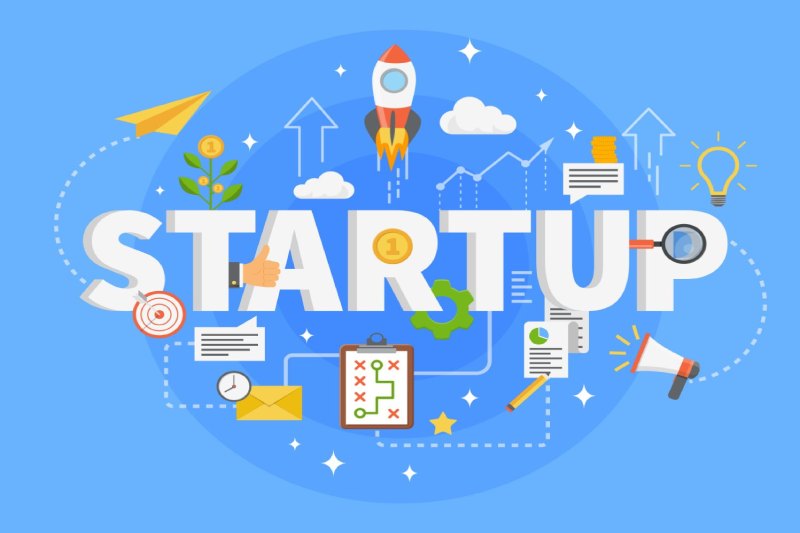
Three Marketing Startup Prospects
- Business
- February 21, 2024
Since most marketing-related businesses are service-oriented, you rarely think of the marketing sector when you think about tech startups. However, Meta and Google, two of the largest tech companies, rely mostly on advertising for their income. It should be very clear that technology has been radically altering marketing. Given the recent rapid advancements in digital technology, this is more true now than it has ever been.
Let’s examine three exciting marketing startup prospects that have the ability to upend established processes and spur industry innovation.
Advertising with Augmented Reality (AR)
Through the integration of digital content into the real world, augmented reality (AR) advertising provides users with engaging and interactive experiences. With the use of an AR headset or smartphone camera, users of AR technology can overlay virtual objects, such as 3D models, animations, and information, on top of the actual world. With the help of this cutting-edge advertising medium, companies can interact with customers in fresh and memorable ways that raise brand awareness and encourage participation.
The partnership between IKEA and Snapchat, which enables users to virtually place IKEA furniture and accessories in their homes using the Snapchat app, is one instance of effective augmented reality advertising. This program helps IKEA present its items in a personalized and interesting way while also giving users an enjoyable and interactive shopping experience.
The potential for entrepreneurs is in creating platforms and technologies for augmented reality advertising that let marketers make engaging experiences catered to their target market. The need for augmented reality (AR) advertising solutions that help firms stand out in a competitive market and establish a deeper connection with customers is rising as consumers want for more immersive and engaging content.
Platforms for Influencer Marketing
Influencer marketing has become a potent tool that helps businesses connect with their target demographic and increase engagement and brand exposure. Influencer marketing platforms enable organizations to efficiently locate, interact with, and manage influencer partnerships by facilitating collaborations between influencers and brands. These platforms give marketers a single location to find influencers, examine the demographics of their audience, monitor the success of their campaigns, and calculate return on investment.
The enormous diversity of the industry presents both opportunities and obstacles for influencer marketing, which is one of the main reasons it dominates startup marketing. Every influencer is different, in a sense. Product entrepreneurs in this field have a potential to create solutions that particularly address the demands of various market niches, such as those based on audience, industry, geography, language, etc.
Influencer marketing solutions that help organizations expand campaigns without violating the unique characteristics of the influencers in a certain niche are in greater demand due to the expansion of social media platforms and the emergence of micro-influencers.
Marketing Automation Driven by AI
Artificial intelligence and machine learning algorithms are used by AI-powered marketing automation systems to automate marketing processes and improve campaign performance. These technologies help companies increase productivity, optimize their marketing procedures, and get better results from a variety of marketing channels, such as social network advertising, email marketing, and content personalization.
HubSpot, which provides a range of tools and services to assist organizations in automating marketing workflows, nurturing leads, and analyzing campaign performance, is one instance of a successful AI-powered marketing automation platform. HubSpot helps companies to create tailored experiences at scale and foster meaningful relationships with their target audience by utilizing AI and predictive analytics.
Nevertheless, generative AI represents the greatest revolution in this sector. AI picture creation is already extensively used in marketing, primarily for content on social media. But if AI video becomes better, the capacity to produce highly personalized marketing content quickly and affordably might seriously upend the business.